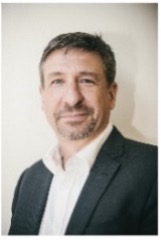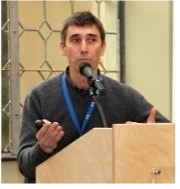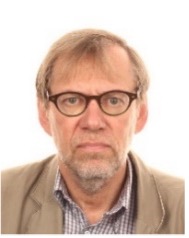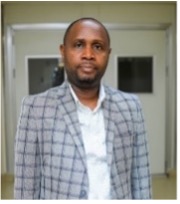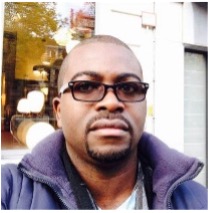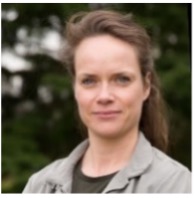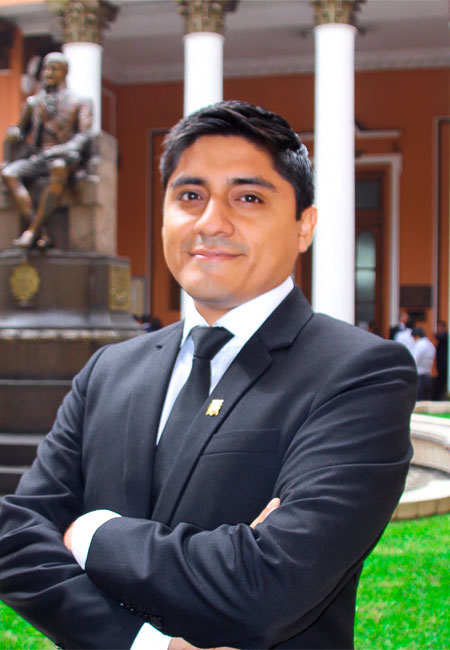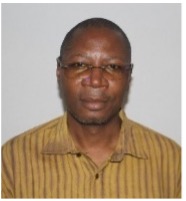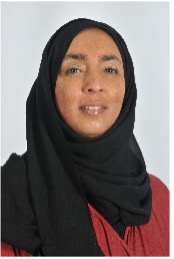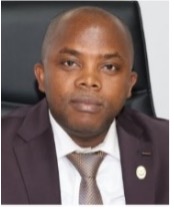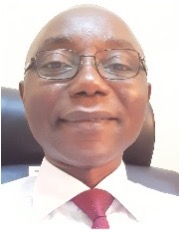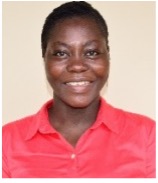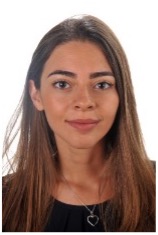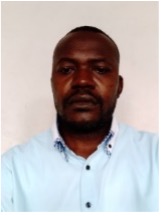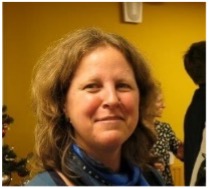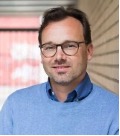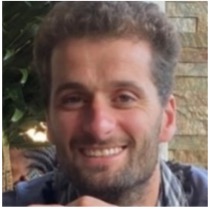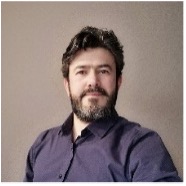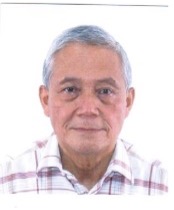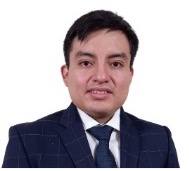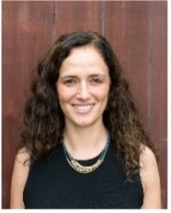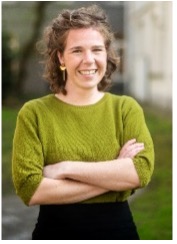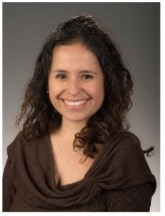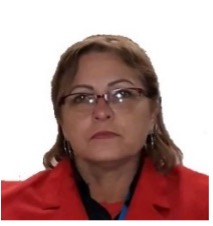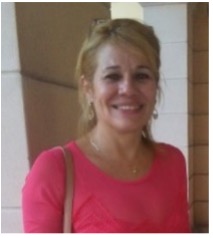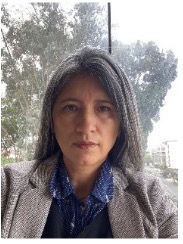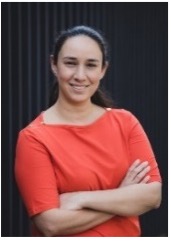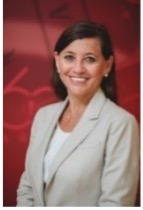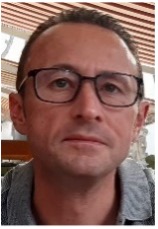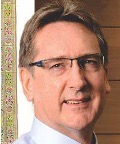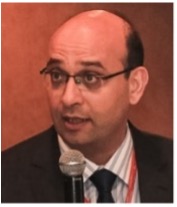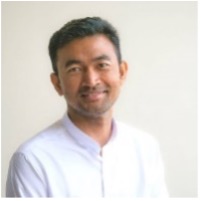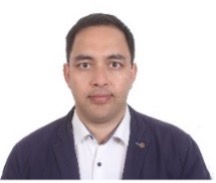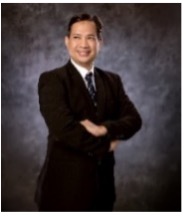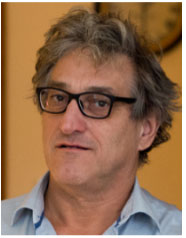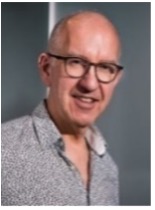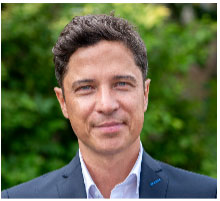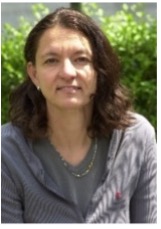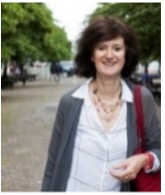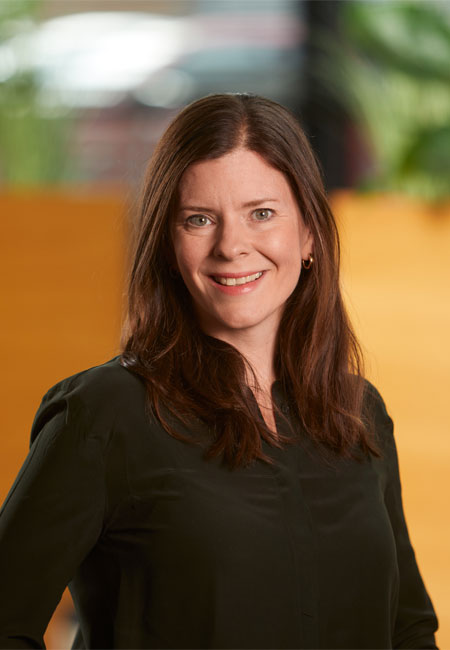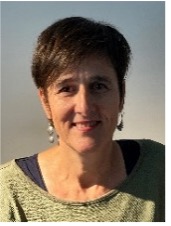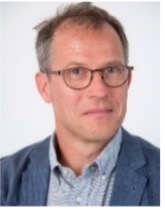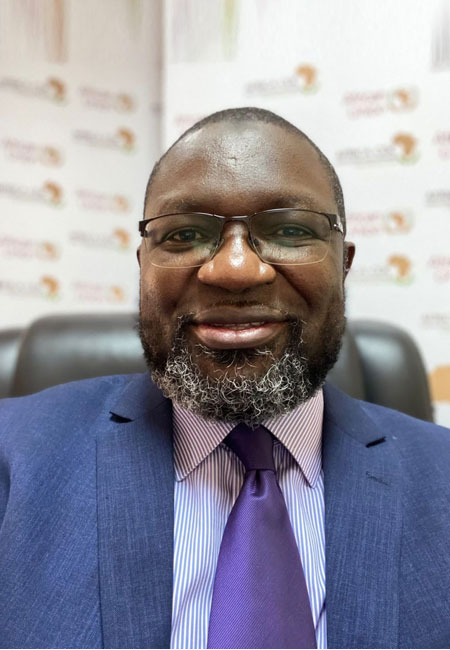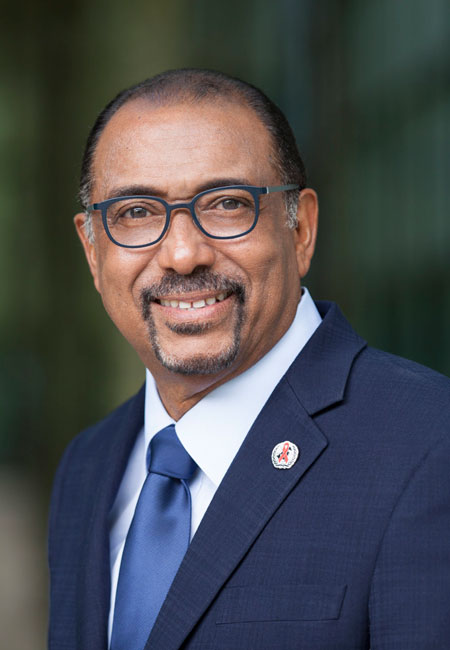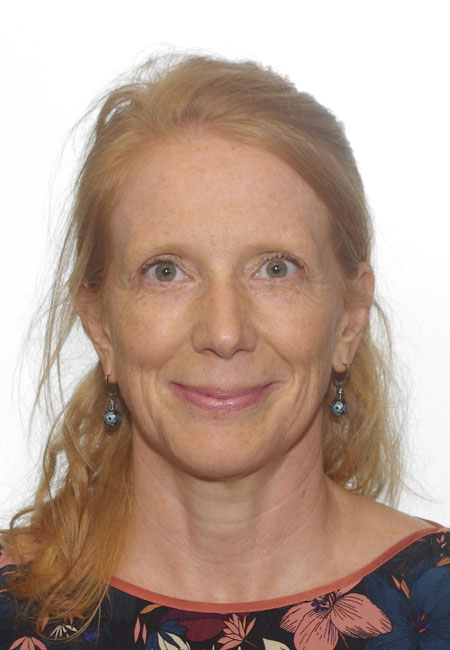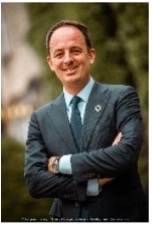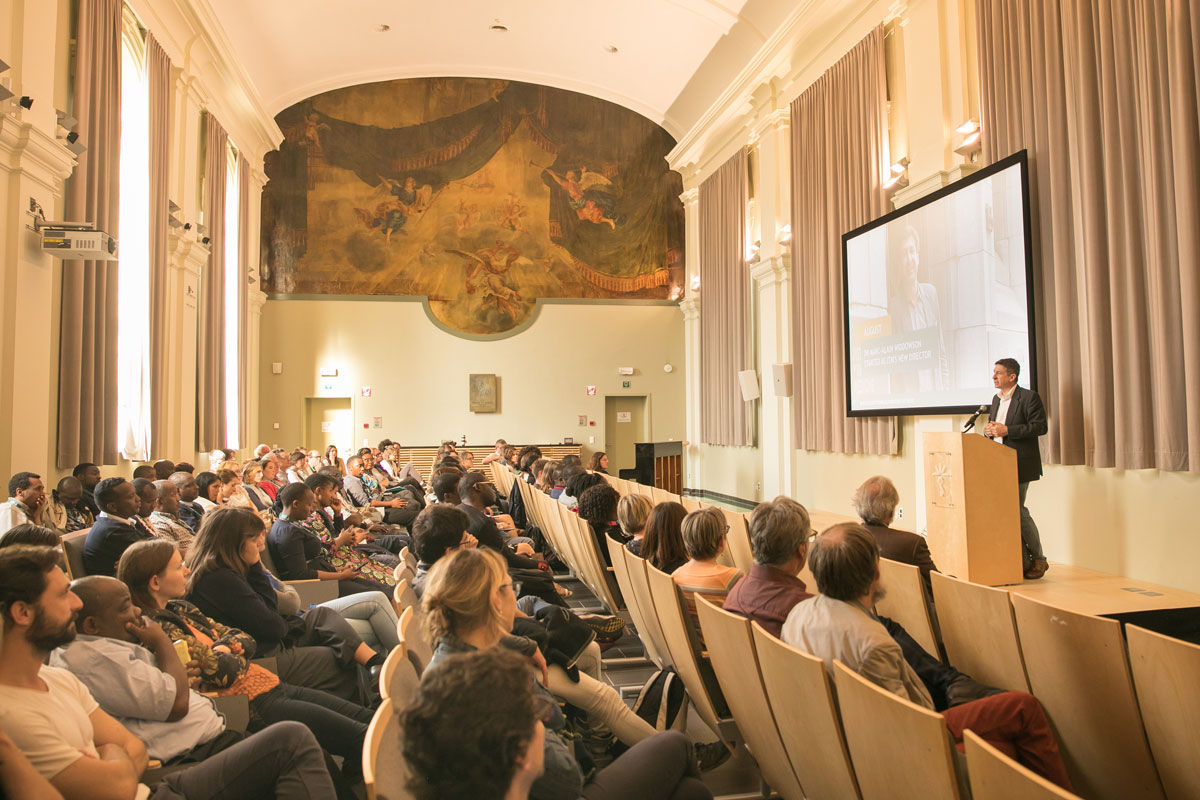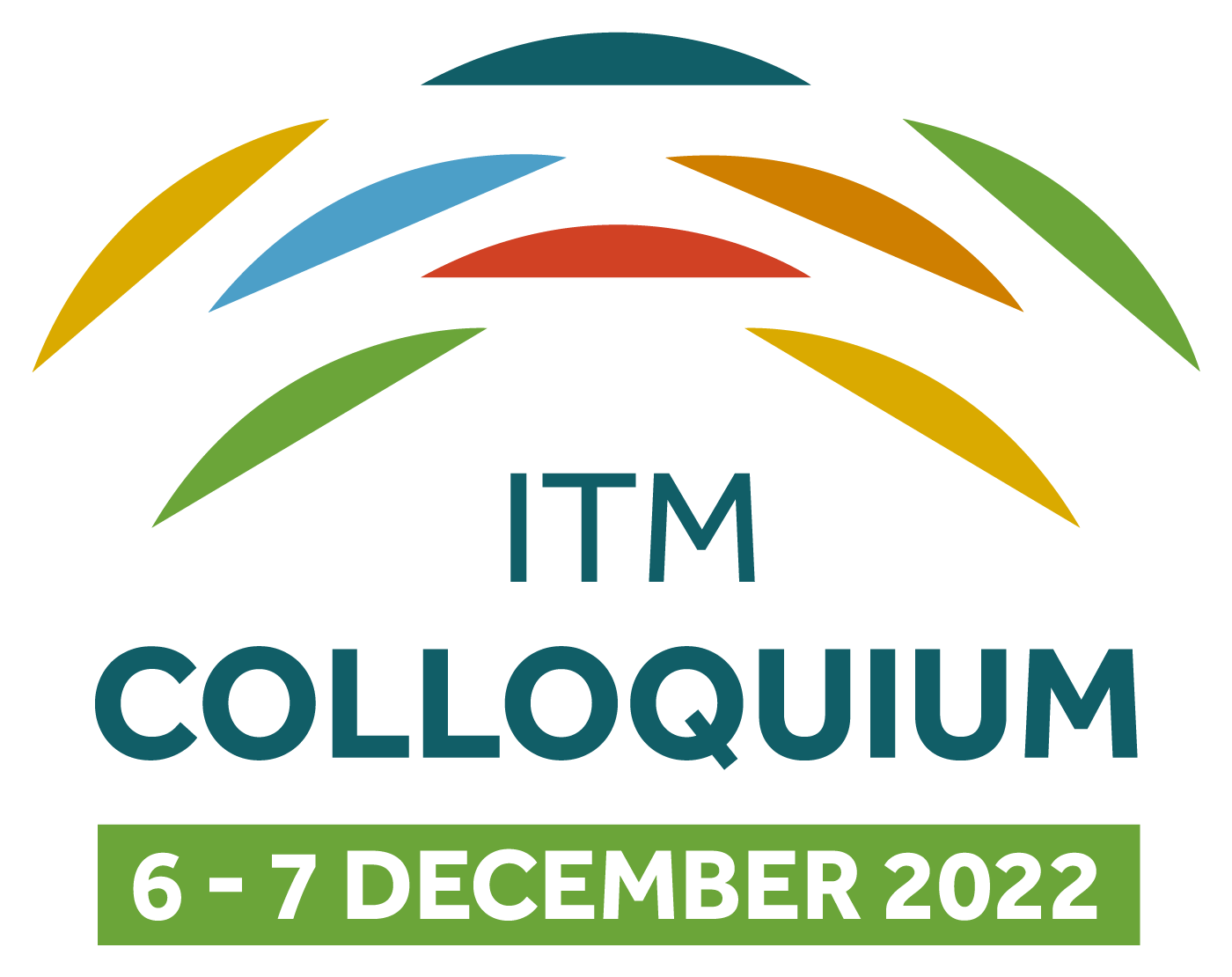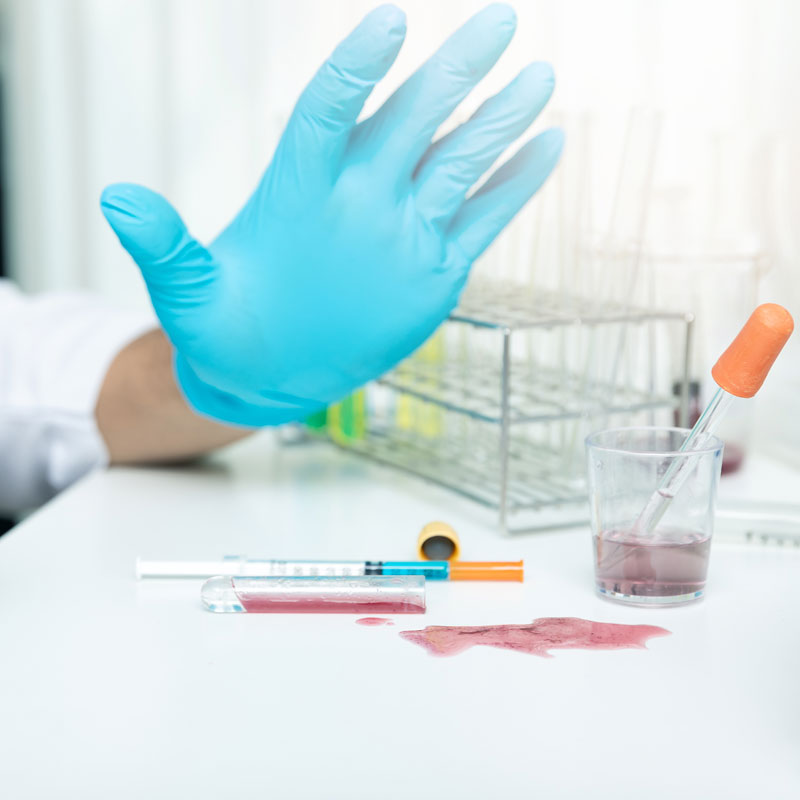| Start time |
End time |
Duration |
Activity |
Chair & speakers |
| 14:30 |
14:50 |
20 min |
Overview of the COVID-19 epidemic in Latin-America
The presentation will briefly address the healthcare and sociodemographic impacts of the COVID-19 pandemic in Latin America and the Caribbean. Drawing on available data, we will analyze the heterogeneous trends of morbidity and mortality during the pandemic in the region, the differences between countries, and their relationship with structural inequalities and fragmentation of the healthcare systems. Finally, we will describe the impacts of COVID-19 in the disruption of access to essential healthcare services, like regular childhood immunizations, sexual and reproductive health, and care of chronic conditions, and the long-term impacts on poverty, employment, and life expectancy. |
Rodrigo Henriquez Trujillo |
| 14:50 |
15:10 |
20 min |
Heterogeneous spatio-temporal burden of COVID-19 in Brazil: virological, immunological and socioeconomic factors
Brazil, the most populous South American country, experienced high COVID-19 burden with dramatic human health suffering episodes. This can be highlighted by the Manaus health system overload during the Gamma lineage explosive infection wave. In addition, there is a clear heterogeneous impact on the Brazilian population living in different regions of the country due to the composite impact of viral lineages with altered viral phenotypes, human immune barrier and inequalities in health care access. This presentation will address the virological, immunological and socioeconomic profiles in different regions of Brazil that jointly could explain the COVID-19 dynamics that resulted in the severe impact on the health of the Brazilian population during the two first years of the COVID-19 pandemics. |
Gabriel da Luz Wallau |
| 15:10 |
15:30 |
20 min |
Metrics and interpretation of Cuba’s burden of COVID-19
Science and Technology to inform decision-makers in Cuba, in relation to the handling of the pandemic
1. Weekly meetings with the President and/or Prime-Minister of the country
2. Daily reports on TV about the pandemic, statistics by province/municipality, hot spots identification, NPIs promotion for personal behaviour
Statistical and mathematical approaches for modelling COVID-19
1. Active cases/ new cases, Predictive models
2.Models for COVID-19 mortality prediction
3.The burden of COVID-19
- The burden of morbidity and mortality. The disadvantages of this approach in the case of COVID-19.
- The burden in terms of “excess mortality %”: the role of non-pharmaceutical interventions (NPI) |
Armando Seuc |
| 15:30 |
15:40 |
10 min |
Challenges to collect and interpret routine data on COVID-19 in Peru
COVID-19 pandemic highlighted the importance of robust and accessible health information systems for data-informed policy making. Peruvian health information system characteristics pose a challenge to research users for several reasons related to -amongst others- availability, accessibility, and quality. Besides, in recent years, civil registration and vital statistics in Peru have undergone major changes related to the implementation of electronic registration and the COVID-19 pandemic. |
Victor Vega and Javier Silva |
| 15:40 |
16:00 |
20 min |
Integrated epidemiological, social and urban description of COVID in Lima
Quantitative results on the overlapping burden of tuberculosis cases and COVID-19 deaths in districts in Lima, Peru, and the associated socioeconomic, transport and environmental factors, based on Bayesian modeling of routine data.
Qualitative results of in-depth interviews that illustrate the quantitative findings, specifically, vulnerability to COVID-19 because of housing conditions, working and public transport conditions.
Multiscalar approach to the identification of quantitative and qualitative factors within the urban landscape |
Larissa Otero with Claudia Nieto – Stefanie Dens |
| 16:00 |
16:30 |
30 min |
Coffee Break
Poster viewing |
|
| 16:30 |
16:45 |
15 min |
Cuba’s health system response to COVID-19
Cuba's National Health System has managed to guarantee an effective and equitable response to COVID-19. Universal and free health coverage, based on primary care, follows the principle of equity, and the greatest resources are allocated to areas of the lowest socioeconomic stratum (which concentrates the higher health risks), followed by those of medium and high strata, in that order. A Plan for Coronavirus Prevention and Control was elaborated with multisectoral participation. The actions to face the pandemic began with preventive measures in the community, continued in the isolation centers and ended again in the community with actions of surveillance and follow up of recovered patients. The results of the introduction of Cuban Biotechnologies products in the treatment of Covid-19 patients and the role of Cuban vaccines to the management of pandemic will be explained. The IPK, a highly complex institution, has in its profile the study and control of all communicable diseases, during the Covid19 pandemic the IPK make a role in the introduction and extension of SARS-Cov2 diagnosis in Cuba, molecular surveillance, medical care, teaching and research. The lesson learned for Cuba in the confrontation of Covid-19 and in the IPK as a National reference Center for a control of infectious diseases will be presented |
Yanaris Lopez |
| 16:45 |
17:00 |
15 min |
Vaccine development and roll-out in Cuba
Cuban biotechnology and the health system faced an accelerated process of development, evaluation and introduction of anti-COVID-19 vaccines to protect the population. We synthetize the clinical evaluation strategy and the main results of safety, clinical efficacy and impact of the heterologous scheme of Soberana 02 and Soberana Plus (protein subunit vaccines) administered with high coverage and reach to the child Cuban population. |
María Eugenia Toledo |
| 17:00 |
17:10 |
10 min |
Situation in Peruvian hospitals during the pandemic
The Peruvian health system collapsed during the first two epidemic waves of the SARS-COV-2. Primary health centers were closed so all COVID-19 cases were referred to hospitals that caused overcrowding and lack of care of other acute or chronic conditions. Several other key issues such as the lack of accurate diagnostic tests and insufficient production and distribution of oxygen in hospitals caused Peru to have the highest COVID-19 mortality rate of the world. |
Coralith Garcia |
| 17:10 |
17:20 |
10 min |
Telemonitoring of COVID-19 in Peru
During the early months of the pandemic in Peru, a group of volunteer researchers and developers designed and implemented an mHealth solution for remote monitoring of COVID-19 patients in Lima, Peru. This talk will describe how a multidisciplinary work and the use of basic artificial intelligence provided an important flexibility to the system, to adapt to changing pandemic scenarios. In addition, the lessons learned with this experience will be discussed, including the barriers and opportunities encountered and the potential for future use of this system in other health areas and research. |
Fiorella Krapp Lopez |
| 17:20 |
17:30 |
10 min |
Vaccine research in Peru: the CureVac trial
We will discuss the challenges and lessons learned from conducting a large randomized placebo controlled vaccine trial during the COVID-19 pandemic in Peru. We will discuss the future perspectives of clinical research in the region, the ethical, regulatory and logistic challenges. |
Theresa Ochoa |
| 17:30 |
18:00 |
30 min |
Panel discussion |
Rodrigo Henriquez Trujillo, Tine Verdonck, Gert van der Auwera |
| 18:00 |
20:00 |
120 min |
Reception |
|
